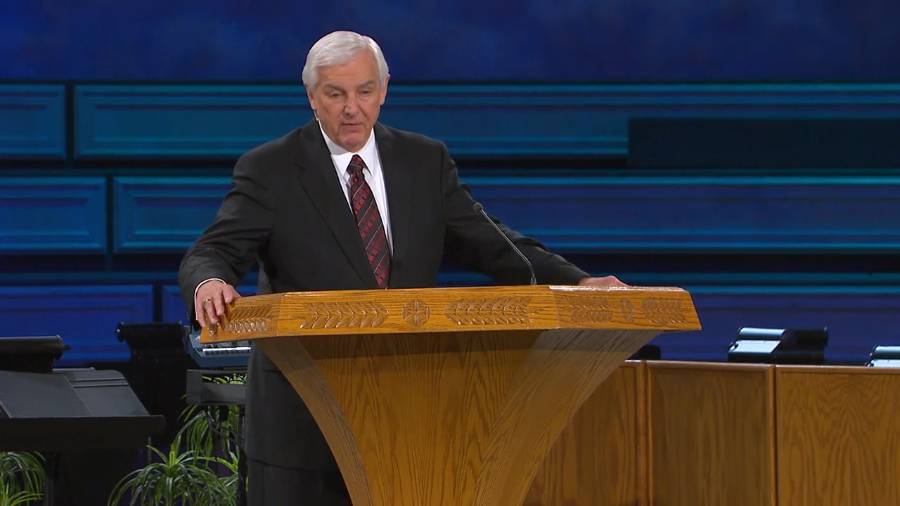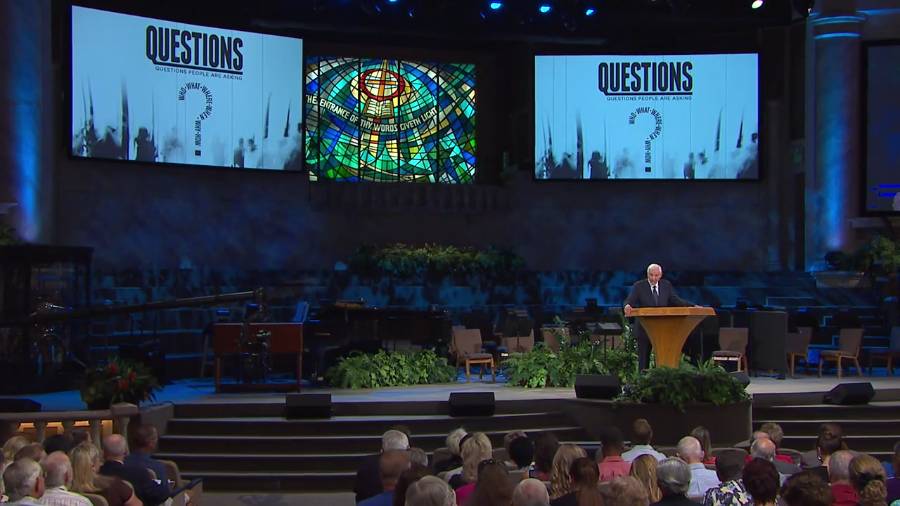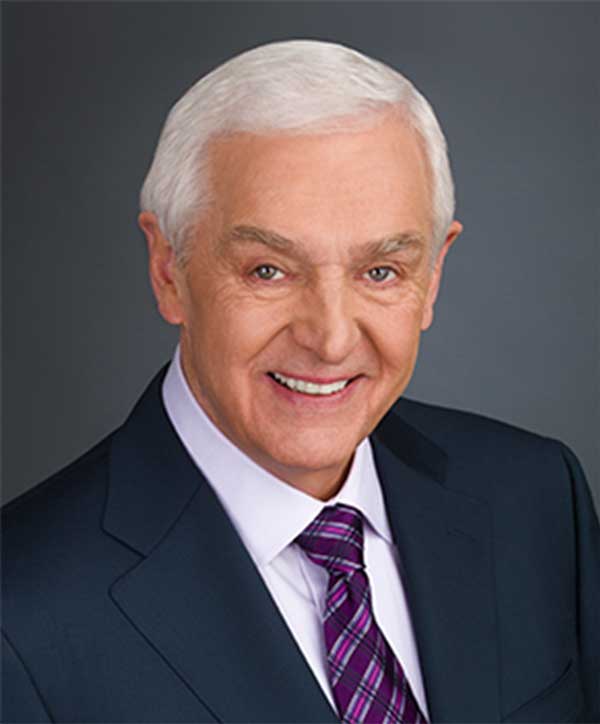The Jesus You May Not Know
How toFollowJesus
Resources from David Jeremiah to help you follow Jesus more closely.
Thanks for downloading your free resource!
Thanks for downloading your free resource!

I Feel “Unlovely”
By David Jeremiah
You shall love your neighbor as yourself. –Matthew 19:19
For some, there is no person more difficult to love, to forgive, to tolerate than the person who appears before us in the mirror. Yet when Jesus says, “You shall love your neighbor as yourself,” the clear implication is that proper self–love is good. In fact, it is necessary. We will never love outside of ourselves as long as we’re at war within ourselves. We cannot give to others what we refuse to accept.
To have contempt for someone Christ died for (including yourself) is an insult to God. He died for you, and you are precious to Him, so you must regard yourself as highly valued—not arrogantly, but realistically. Paul instructs the believer “not to think of himself more highly than he ought to think, but to think soberly, as God has dealt to each one a measure of faith” (Romans 12:3). We can have personal peace because God loves us. We are new creations in Christ; the old is gone, the new has come (2 Corinthians 5:17).
The whole notion of “self–love” has been seriously abused in the self–absorbed, narcissistic culture in which we live. And even some well–intentioned Christians have used the term “self–love” in ways that can be confusing.
But what did Christ mean by loving ourselves? He simply meant that we are to love ourselves the same way God loves us—as creatures made in His image, for His purposes, and for His glory. To love ourselves as God loves us means we seek after His best for our lives; we conform ourselves to His expectations; we live according to His guidelines; and we learn, over time, to yield our natural, carnal impulses to the control and counsel of the Spirit of God in us. When we do that, we begin to live functional, instead of dysfunctional, lives. We find peace and joy—indeed, all the fruit of the Holy Spirit begins to characterize our lives (Galatians 5:22–23).
Once we have a proper self–love, based on our identity in Christ and the fact that we are being gradually remade in His image, then the good part begins. We can become distributors of the most powerful force in the universe—the love of God for His children.
This article is an excerpt from David Jeremiah’s book God Loves You: He Always Has, He Always Will, pages 257–259.
You Might Also Enjoy…
Thanks for downloading your free resource!
Thanks for downloading your free resource!




















